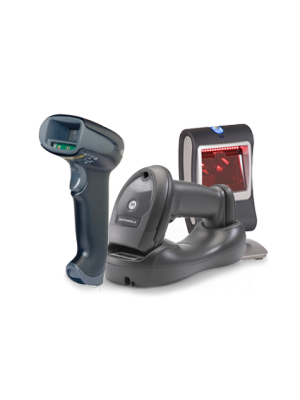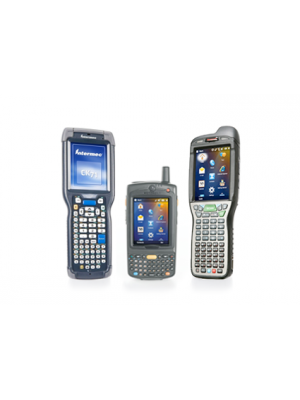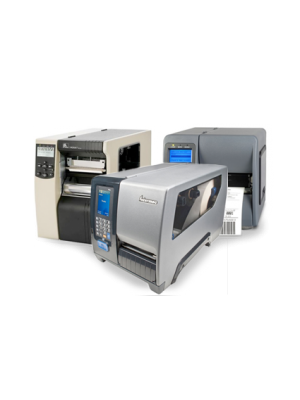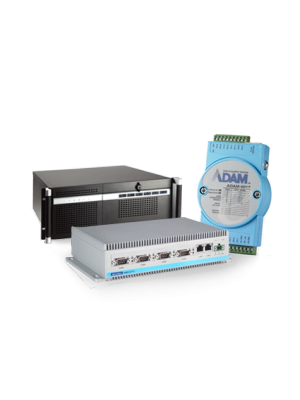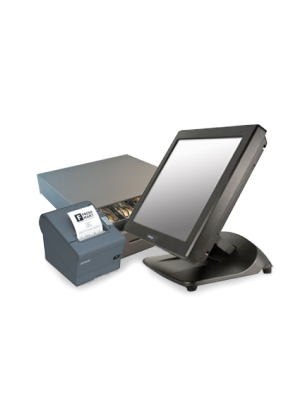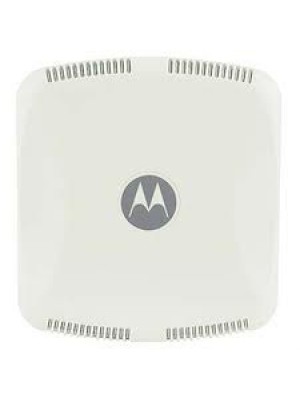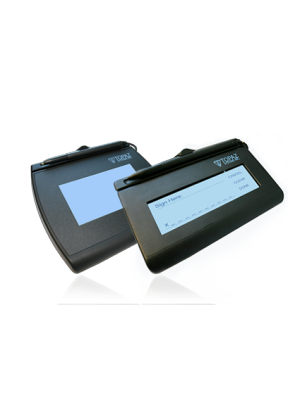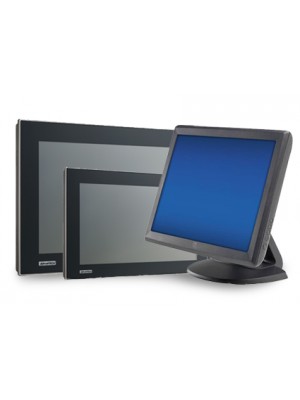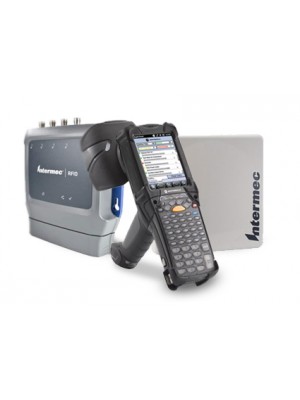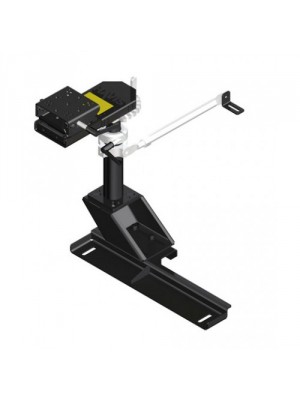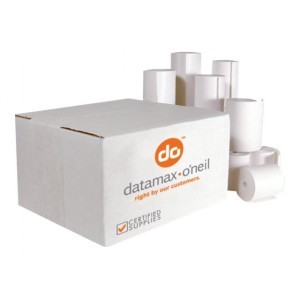In our last CYOD blog I wrote about the business landscape and how it has changed over the last decade. As technology has evolved, we’ve managed to find more and more ways to make our work easier to manage, more accurate, and overall more efficient. Today I wanted to share with you some information we’ve learned about tablets and smartphones in commercial and industrial applications, and the results organizations are realizing by using these forms of technology.
The smartphone and tablet are obviously very common in our world (Apple sold over 5M iPhone 5’s in the first weekend!). They are easy to use (my Grandmother loves her iPad), integrate well with our lives, and are just plain handy to have. So it’s not so unusual that devices like these wouldn’t play well with our operations teams. Think about it for a minute; they have the ability to house a number of apps, they often cost no more (or in many cases are less) than a commercial device and they are easy to integrate.
A recent study on smartphones in warehouses conducted among logistics (transportation) and warehouse managers by Peerless Research Group on behalf of Logistics Management magazine for Honeywell Scanning & Mobility found that these devices are being considered by warehouse and transportation companies and many are involved in testing and even deploying these devices now. 85% of the participants they surveyed were already using mobile computing devices in their daily operations, and of those that were not, 42% planned to do so in the not-so-distant future. Some even noted that they would consider replacing laptops with tablets for their management teams.
iPhones and iPads have been found to be the most popular, although Android phones are also well represented. Although smartphones are compact and easy to stow away in a pocket, tablets are being more closely considered due to their larger screen size and usability in a work environment. Ruggedness is a major feature in a warehouse environment, and must be seriously considered when evaluating new technologies. A smartphone, for example, like Honeywell’s Dolphin™ 70e Black, is an ideal fit for a warehouse environment. With the scanning performance and technology expected in a commercial device, and the durability of a light industrial unit, it makes for an attractive option. The form factor and price point close the deal.
So what are the direct benefits to organizations interested in deploying these consumer devices? You can probably guess a few of these on your own already, but here’s what we think:
- Easy to use
- Increase productivity
- Ability to run multiple apps on one device
- Improve picking / shipping accuracy
- Increased customer satisfaction
There is still work to be done to ensure security, improve usability and encourage mainstream use of consumer devices as part of a legitimate business solution in these commercial applications, but we’re making great strides along the way.
If you’re interested in learning how to increase worker productivity, reduce costs and increase customer satisfaction with consumer devices, contact L-Tron for more information on how you can get started with a solution that best suits your business.


